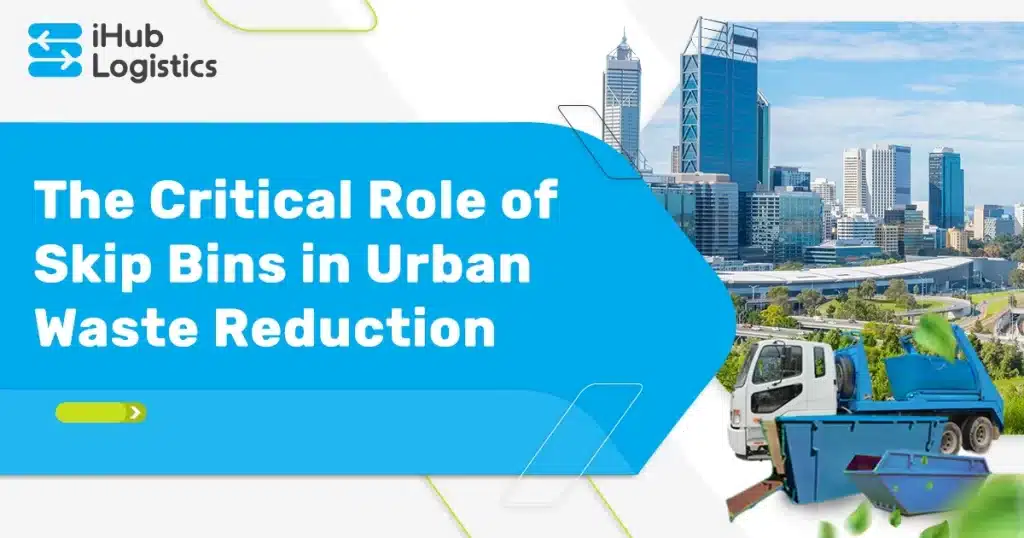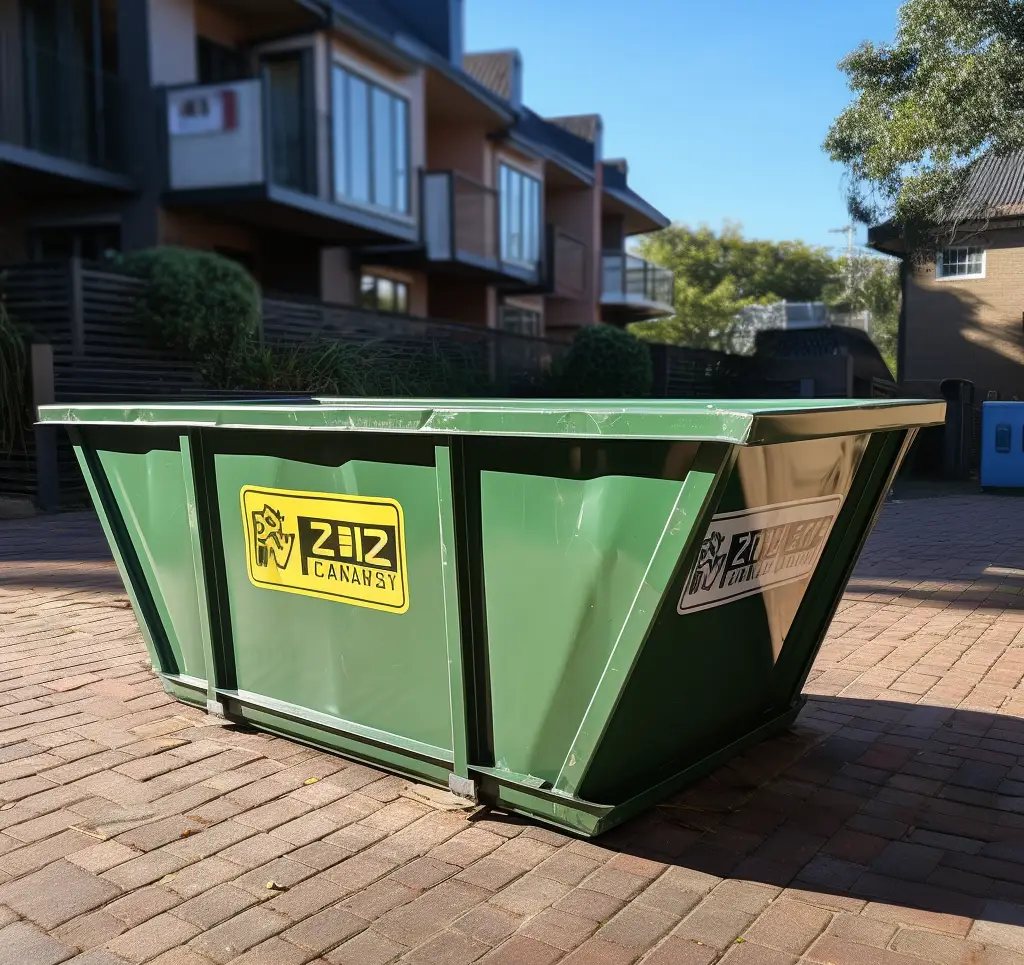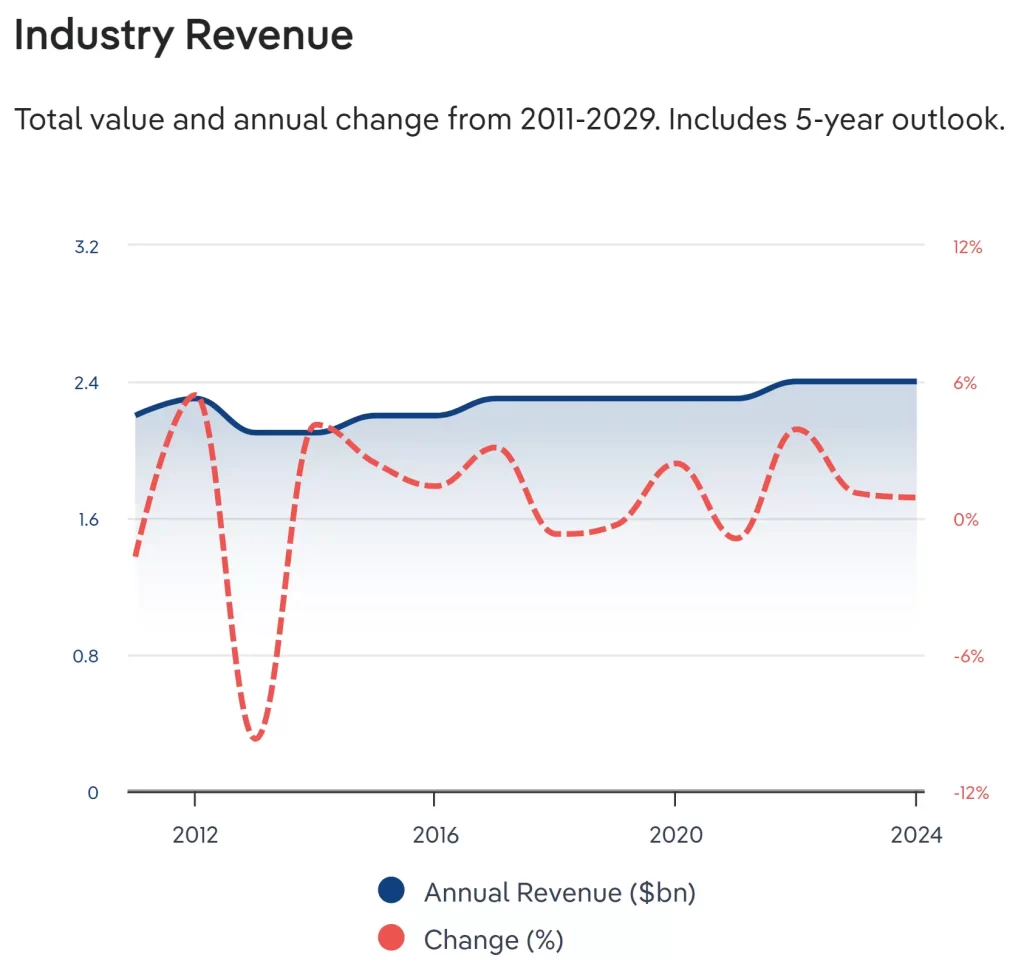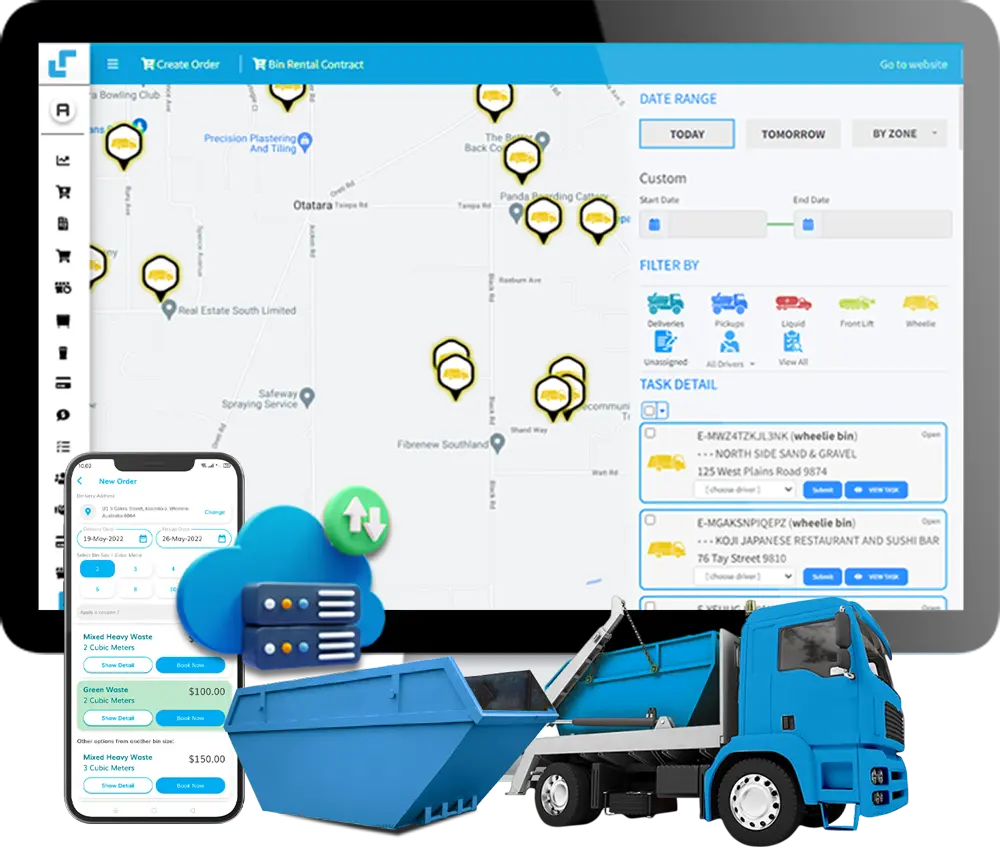
Urban areas generate a significant amount of waste every day. Managing this waste effectively is crucial for maintaining clean and healthy cities. Skip bins play a vital role in this process. They provide a convenient solution for waste collection and disposal.
In Australia, skip bins are especially important. The country’s urban areas are growing rapidly. This growth brings more construction projects, household renovations, and general waste. Skip bins help manage this increasing volume of waste efficiently. By using skip bins, urban areas can reduce the amount of waste that ends up in landfills.
The Role of Skip Bins in Household Waste Management
Households generate a lot of waste from daily activities. Skip bins provide a practical solution for managing this waste. They are particularly useful during home renovations and large clean-ups.
During the COVID-19 pandemic, many people spent more time at home. This led to a surge in DIY home projects and clean-ups. Households with more discretionary income invested in home improvements. As a result, the demand for small and mobile skip bins increased.

Skip bins make it easy to collect and dispose of large amounts of waste. They can handle various types of household waste, including old furniture, broken appliances, and garden waste. This helps keep homes and neighbourhoods clean and tidy.
Using skip bins also supports recycling efforts. Many skip bin companies sort and recycle the waste they collect. This reduces the amount of waste that goes to landfills. It also helps conserve natural resources.
Impact on Urban Infrastructure and Non-Residential Buildings
Skip bins are not just for households. They are also essential for urban infrastructure and non-residential buildings. Construction projects generate a lot of waste. Skip bins help manage this waste efficiently.
Large walk-in skip bins are commonly used on construction sites. They can hold a significant amount of debris, including concrete, bricks, and metal. This keeps construction sites clean and organised.
Recently, the demand for large skip bins in the housing construction market has decreased. Rising mortgage interest rates have slowed down new housing projects. However, the demand for skip bins from non-residential buildings and infrastructure projects has increased. These include commercial buildings, schools, and public infrastructure.
Using skip bins on construction sites has several benefits. It improves safety by keeping the site free of debris. It also helps projects stay on schedule by providing a convenient waste disposal solution.
Skip bins also support urban development by making waste disposal easier. They ensure that construction waste is collected and disposed of properly. This reduces the risk of illegal dumping, which can harm the environment.
Regional Relevance and Distribution
Skip bin hire companies are spread across Australia. However, their distribution is not even. One-third of these companies are located in New South Wales. This makes sense because New South Wales has a large share of the national population.
Two of the largest skip bin companies have their headquarters in Sydney. These companies play a significant role in managing urban waste. They provide services that help keep cities clean and efficient.
The concentration of skip bin companies in New South Wales benefits the region. It ensures that there are enough services to meet the waste management needs of its large population. Other regions also benefit from having local skip bin companies. These companies help manage waste efficiently in urban areas across the country.
The presence of large companies in the industry leads to high levels of price competition. Nationwide skip bin rental companies and online booking services contribute to this competition. This is especially true for standard-size skip bins. The competition helps keep prices reasonable for consumers. It also encourages companies to improve their services and offer better deals.
High competition in the industry benefits consumers and promotes better services. Skip bin companies, regardless of their location, are essential for managing urban waste effectively.
Economic and Environmental Benefits
Skip bins offer significant economic benefits. The skip bin rental industry in Australia has grown steadily. Over the past five years, industry revenue has increased by 1.5% annually. In 2024, the industry is expected to reach $2.4 billion.

This growth supports employment. The industry employs nearly 7,000 people. Wages have also grown, reaching over $509 million. This shows that the industry contributes to the economy by providing jobs and fair wages.
Skip bins also provide environmental benefits. They help reduce the amount of waste that ends up in landfills. By using skip bins, more waste can be sorted and recycled. This helps conserve natural resources and reduces pollution.
Many skip bin companies have recycling programs. They sort through the collected waste and recycle materials like metal, wood, and plastic. This reduces the environmental impact of waste and promotes sustainability.
Skip bins also support community cleanliness. They provide a convenient way to manage large amounts of waste. This prevents illegal dumping, which can harm the environment and create health hazards.
Using skip bins is a practical and effective way to manage urban waste while benefiting the economy and the environment.
Industry Competition and Market Dynamics
The skip bin rental industry in Australia is highly competitive. Many nationwide companies offer skip bin services. Online booking services have also emerged, adding to the competition.
Price competition is particularly intense for standard-size skip bins. Companies compete to offer the best prices to attract customers. This benefits consumers by keeping rental costs reasonable.
The presence of large companies like Veolia and BINGO influences the market. These companies have significant market share and set industry standards. Smaller companies must compete by offering specialised services or better customer experiences.
Market share concentration in the skip bin rental industry is moderate. The top four companies generate between 40% and 70% of industry revenue. This means there is room for both large and small companies to succeed.
To thrive in the competitive skip bin rental market, companies need to leverage technology. Skip bin software is a powerful tool that can enhance service delivery, optimise operations, and promote sustainability. Embracing this technology will help companies stand out and succeed in a challenging market.
Competition drives innovation in the industry. Companies continuously improve their services to stay ahead. They invest in better waste sorting and recycling technologies. They also develop user-friendly online booking systems.
How to Stay Ahead in a Competitive Skip Bin Market
In a highly competitive market, skip bin companies must continuously innovate to stay ahead. Price competition and market share concentration mean that providing exceptional service is crucial. This is where skip bin software can make a significant difference.
Skip bin software like WasteVantage helps companies manage their operations more efficiently. It streamlines the booking process, making it easier for customers to rent skip bins online. This enhances the customer experience and helps companies attract and retain clients.

The software also assists with logistics and scheduling. It optimises routes for skip bin delivery and pick-up, reducing fuel costs and improving efficiency. This allows companies to handle more bookings with the same resources, boosting their profitability.
In addition, skip bin software supports better waste management practices. It helps track the types and amounts of waste collected, facilitating recycling and proper disposal. This not only benefits the environment but also aligns with industry standards and regulations.
Explore how our skip bin software can help your business stay ahead of the competition. Enhance your operations, improve customer satisfaction, and contribute to a cleaner environment.
